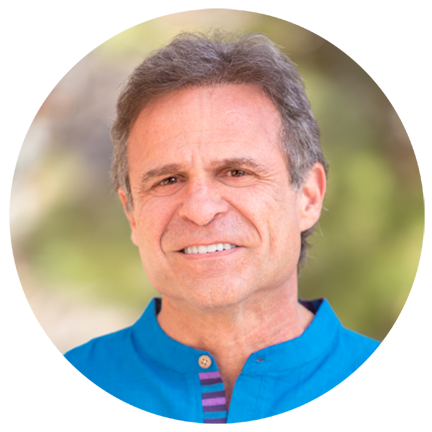Buprenorphine (more commonly known by its brand names, Suboxone, Subutex and Zubsolv) is one of just three federally approved medications to treat opioid addiction. But because of its intense narcotic effects, many people who are initially introduced to it as part of their tapering program end up misusing it by snorting or injecting it to get high. And because there’s a cap on the number of patients a certified provider can give the drug to, there’s an increasing black market for those who illegally sell or give away thier Suboxone prescriptions.
Though supporters of Suboxone are in favor of making the drug more widely available, it poses serious risks to users’ safety and sobriety. Here’s how:
Dangerous Side Effects of Suboxone
Dr. Michelle Lofwall, an addiction specialist and researcher at the University of Kentucky, notes how people often try to self-treat with buprenorphine when they can’t get into rehab facilities. “These people want help, and they tried and they didn’t succeed. So now they’re going to get it if it’s available.”
People addicted to heroin or opioid painkillers who’ve tried buprenorphine illegally may see it as a viable option, but because they’re not able to get it from a professional, they’re self-medicating – and that can have very dangerous consequences.
Selling or giving away Suboxone or Subutex is known as “diversion,” and though a new bill is in the works that would allow more nurses to prescribe buprenorphine and enable doctors with the right waivers to treat more patients, many people are still obtaining Suboxone on the street for self-treatment in the interim.
The problem lies in the fact that Suboxone poses high risk for negative side effects. The dangers of Suboxone listed on its own website include:
-
“Serious and life-threatening breathing problems
-
Physical dependence with chronic use
-
Life-threatening breathing problems, an overdose and even death (when taken with) benzodiazepines, sedatives, tranquilizers, antidepressants, or alcohol
-
Respiratory problems and a higher risk of death and coma when taken with other medicines
-
Sleepiness, dizziness, and problems with coordination
-
Dependency or abuse
-
Liver problems
-
Allergic reactions such as rash, hives, swelling of the face, wheezing, or a loss of blood pressure and consciousness
-
Opioid withdrawal, including shaking, sweating more than normal, feeling hot or cold more than normal, runny nose, watery eyes, goose bumps, diarrhea, vomiting and muscle aches
-
Decrease in blood pressure”
Why Suboxone Isn’t the Miracle Drug it’s Purported to Be
Suboxone’s spokeswoman in 2007 said, “We cringe every time we hear people say Suboxone is a miracle or a magic bullet. No drug is.”
Unfortunately, users of Suboxone often find that it feels worse than the drugs they were once addicted to. Dillon Murphy says about his Suboxone addiction, “It’s like being a user again, only without any high… I’m always thinking about how to get that next batch of Suboxone.”
Here at The Sanctuary, we understand how hard it can be to quit using opioids. We want you to know that there’s another way to get well – a way that doesn’t require you to use even more harmful drugs and sustain the burden of yet another addiction. Our Integrative Addiction Recovery program combines a strong clinical component with an all-encompassing selection of holistic therapies designed to realign your mind, body, soul and spirit and put you on the path to feeling whole.
To learn more about opioid addiction in our article, Opiate Rehabilitation: Opiate Recovery Begins By Understanding The Deeper Issues. If you’re ready to begin a healing journey that won’t put you at risk, call us at (866) 750-0753 or email us at [email protected] today.
He is the Founder, Administrator, Counselor at the Sanctuary at Sedona. He has a BA in Political Science and is currently Senior teaching staff at Four Winds Society, an international school of energy medicine. His credentials also include being an Ordained Minister; a Certified Shamanic Breathwork® Facilitator; a Founding Member Society for Shamanic Practitioners; a Member of Association for Comprehensive Energy Psychology; a Member of the National Institute for Holistic Addiction Studies. [email protected]


